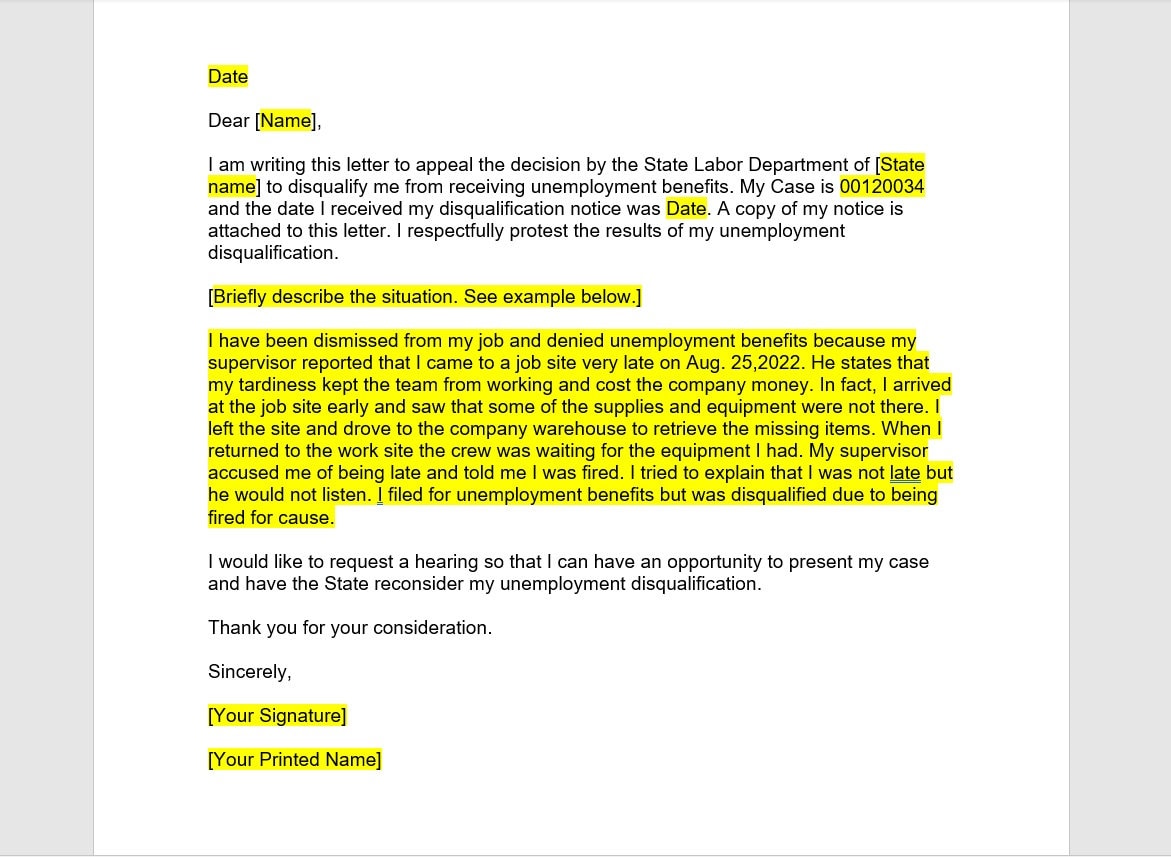
Unemployment can be a challenging time for anyone, and the last thing you want to deal with is a denied unemployment claim. If you find yourself in this situation, don’t lose hope. One way to potentially overturn the decision is by writing a persuasive unemployment appeal letter.
In this comprehensive guide, we will walk you through the what, why, and how of writing a unemployment appeal letter.
What is a Unemployment Appeal Letter?
An unemployment appeal letter is a formal written document that you submit to your state’s unemployment office to appeal a denied unemployment claim.
This letter is your chance to explain why you believe the denial was unjust and provide any additional information or evidence to support your case.
Why Write a Unemployment Appeal Letter?
There are several reasons why writing a unemployment appeal letter is important.
- Firstly, it gives you the opportunity to present your side of the story in a clear and concise manner.
- Secondly, it allows you to provide any relevant documentation or evidence that may help support your case.
- Finally, it shows the unemployment office that you are serious about appealing the decision and are willing to put in the effort to make your case.
How to Write a Unemployment Appeal Letter
Writing a unemployment appeal letter may seem daunting, but with the right approach, you can increase your chances of success. Here are some tips to help you craft an effective appeal letter:
1. Be Concise and Clear
Keep your appeal letter to the point and avoid unnecessary details. Clearly state the reason for your appeal and provide any relevant information in a straightforward manner.
2. Provide Evidence
Back up your claims with evidence such as emails, letters, or other documents that support your case. This will strengthen your argument and increase your chances of a successful appeal.
3. Use Professional Language
Ensure your appeal letter is written in a professional tone and free of any spelling or grammatical errors. This will show the unemployment office that you are taking the appeal seriously.
4. Address the Recipient Properly
Make sure to address the appeal letter to the appropriate person or department at the unemployment office. This will help ensure that your letter reaches the right person and is taken seriously.
5. Follow Up
After submitting your appeal letter, follow up with the unemployment office to ensure they have received it and to inquire about the status of your appeal. This shows your commitment to the process and may help expedite a decision.
Examples of Unemployment Appeal Letters
To help you get started, here are a few examples of unemployment appeal letters that you can use as a template for your own letter:
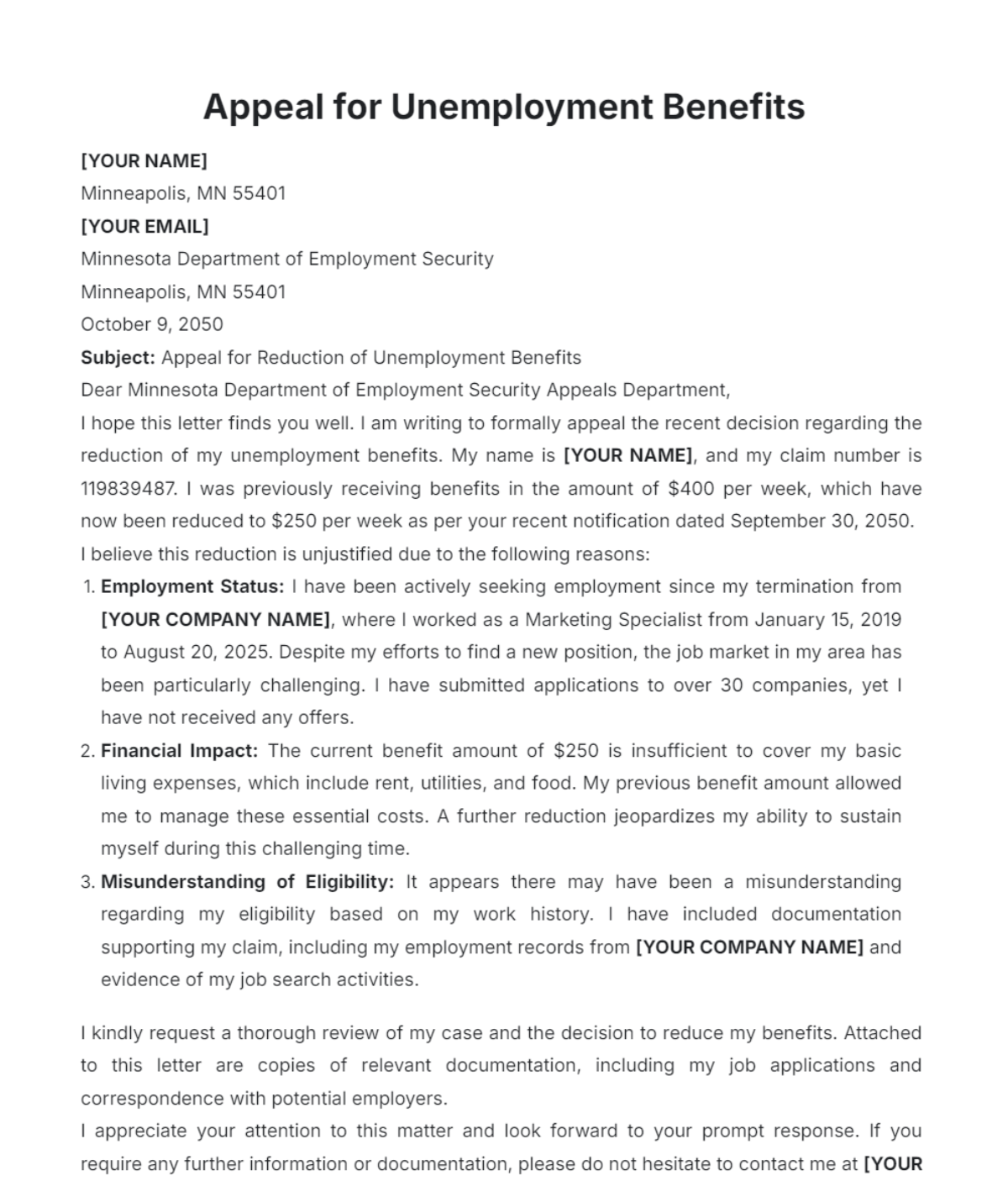
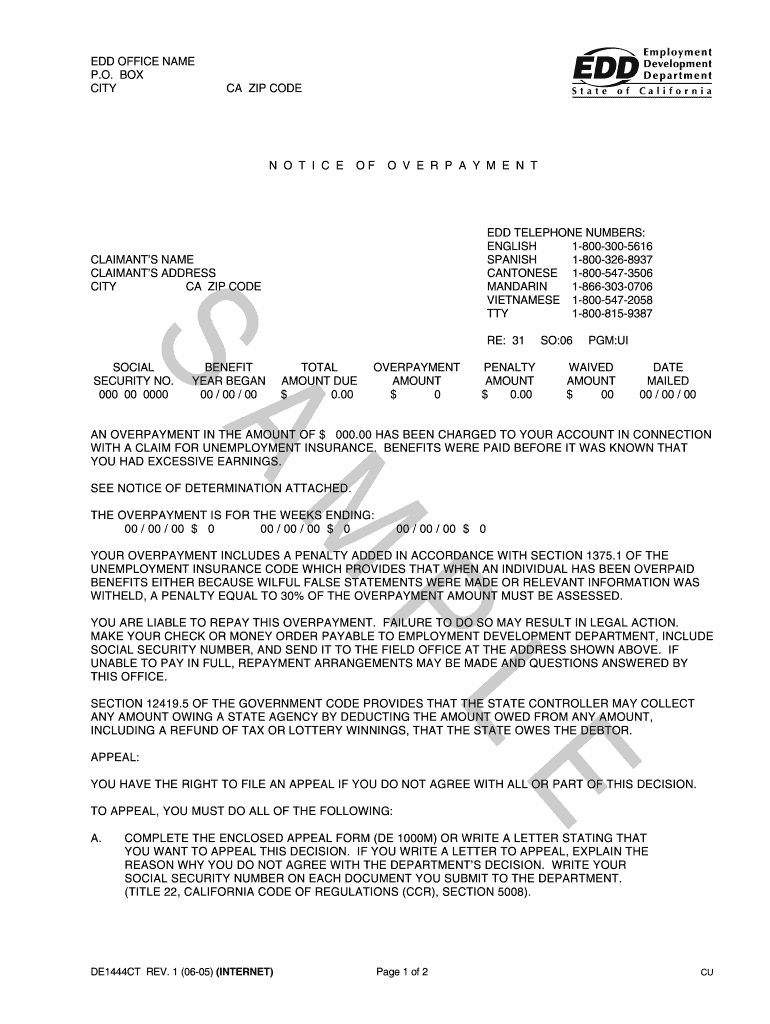
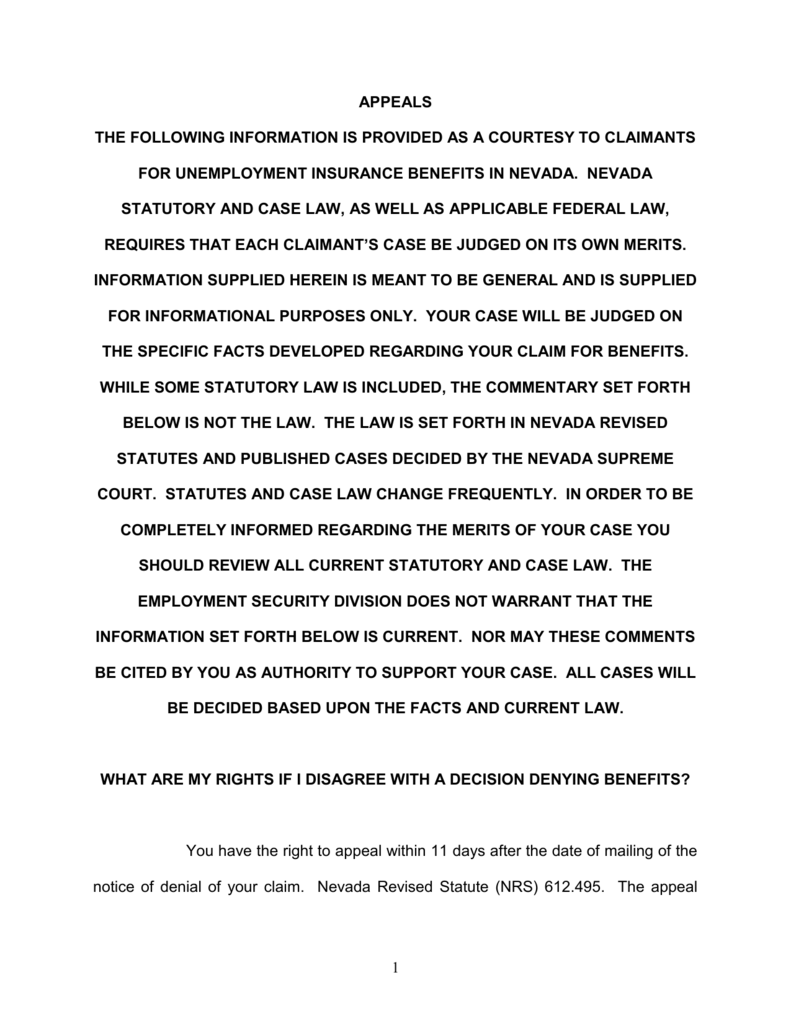
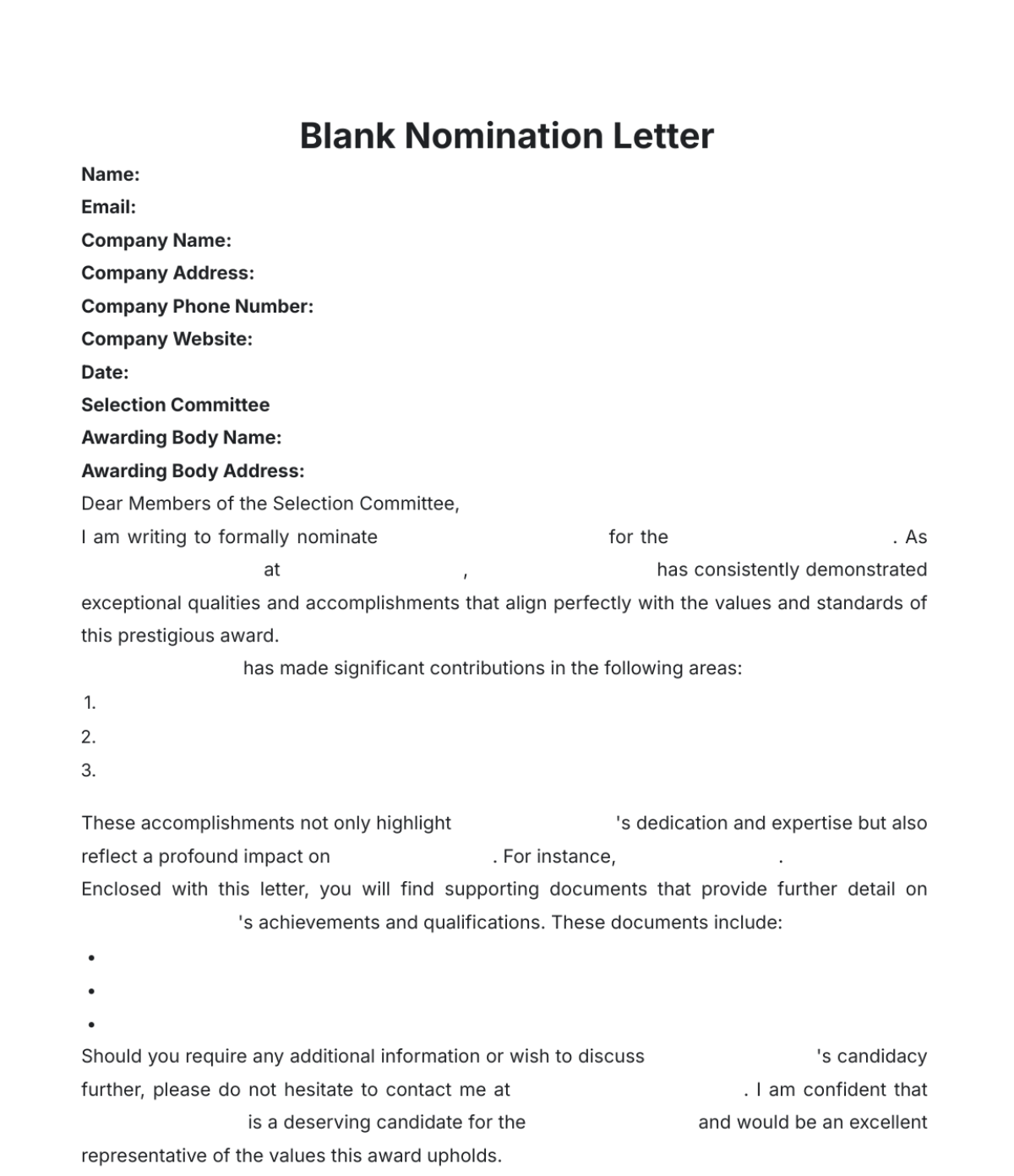
Tips for Successful Unemployment Appeal Letters
When writing your unemployment appeal letter, keep these tips in mind to increase your chances of success:
- Be honest and transparent. Provide accurate information and avoid exaggerating or omitting facts.
- Be respectful. Maintain a professional tone throughout your letter to show respect for the process.
- Be timely. Submit your appeal letter in a timely manner to avoid any potential delays in the review process.
- Be persistent. Don’t be afraid to follow up with the unemployment office if you haven’t heard back about your appeal.
Conclusion
Writing a unemployment appeal letter can be a challenging task, but with the right approach and attention to detail, you can increase your chances of overturning a denied claim. By following the tips outlined in this guide and using the examples provided, you can craft a persuasive appeal letter that may help you get the unemployment benefits you deserve. Remember to stay positive and persistent throughout the appeals process, and don’t lose hope.